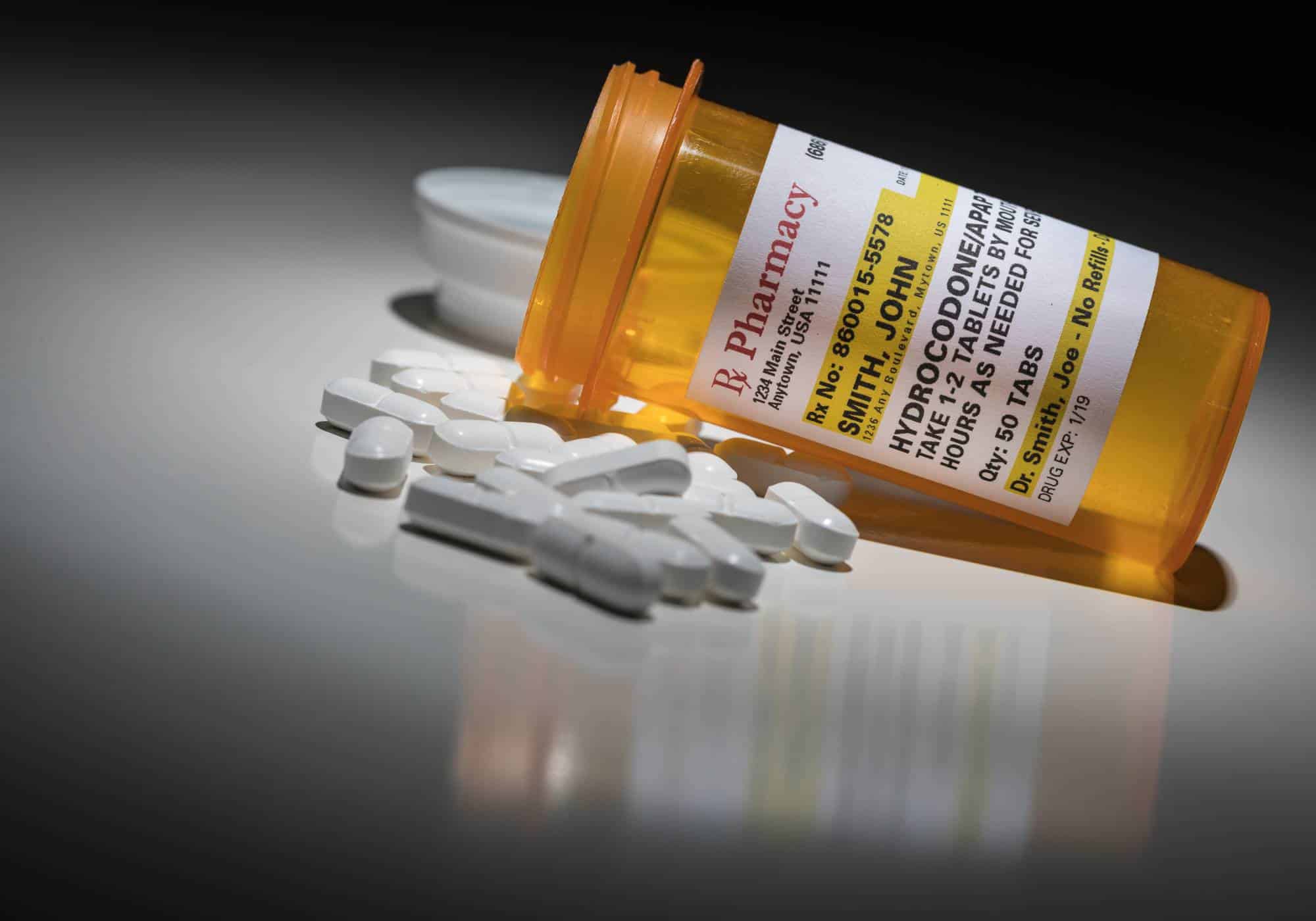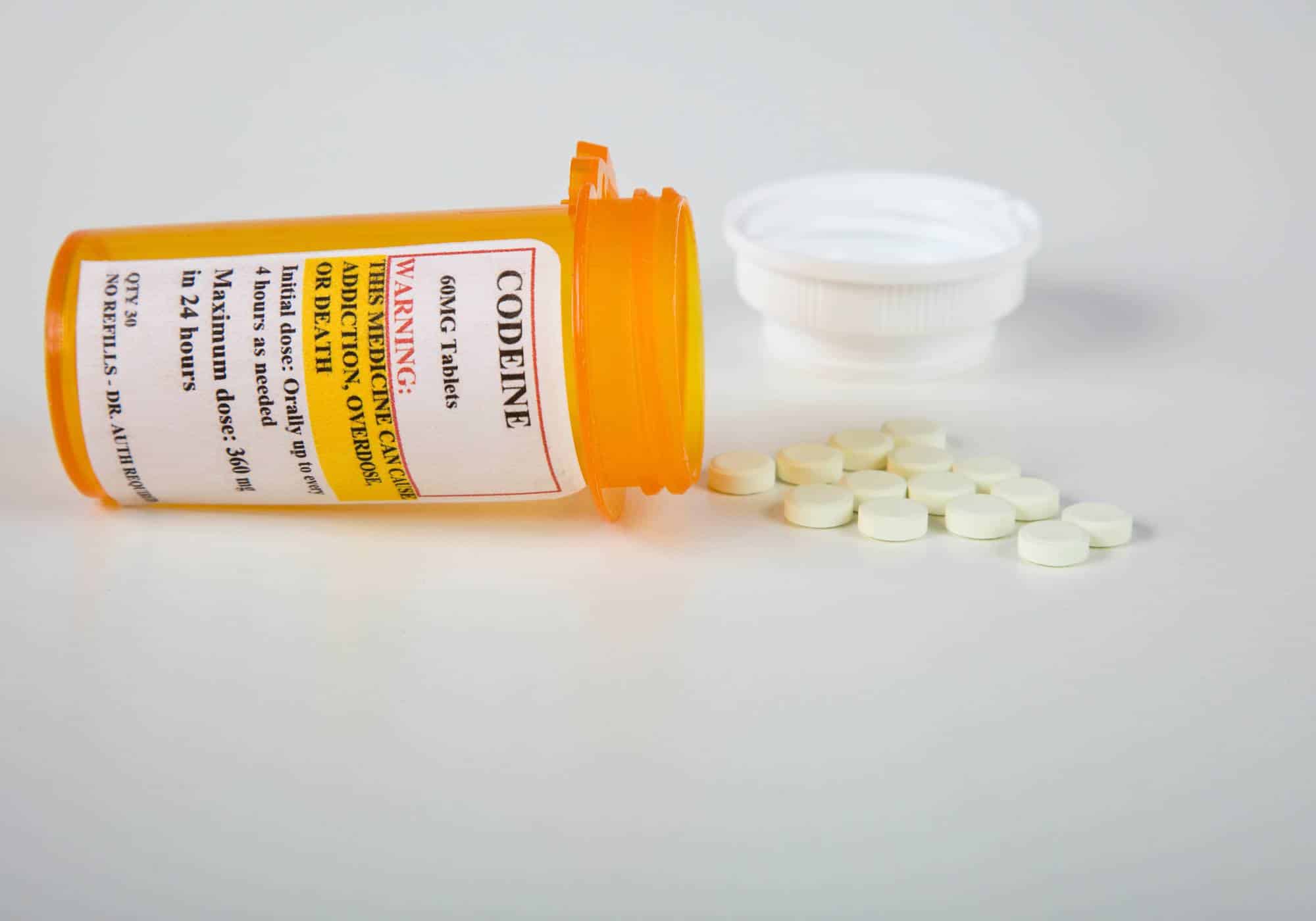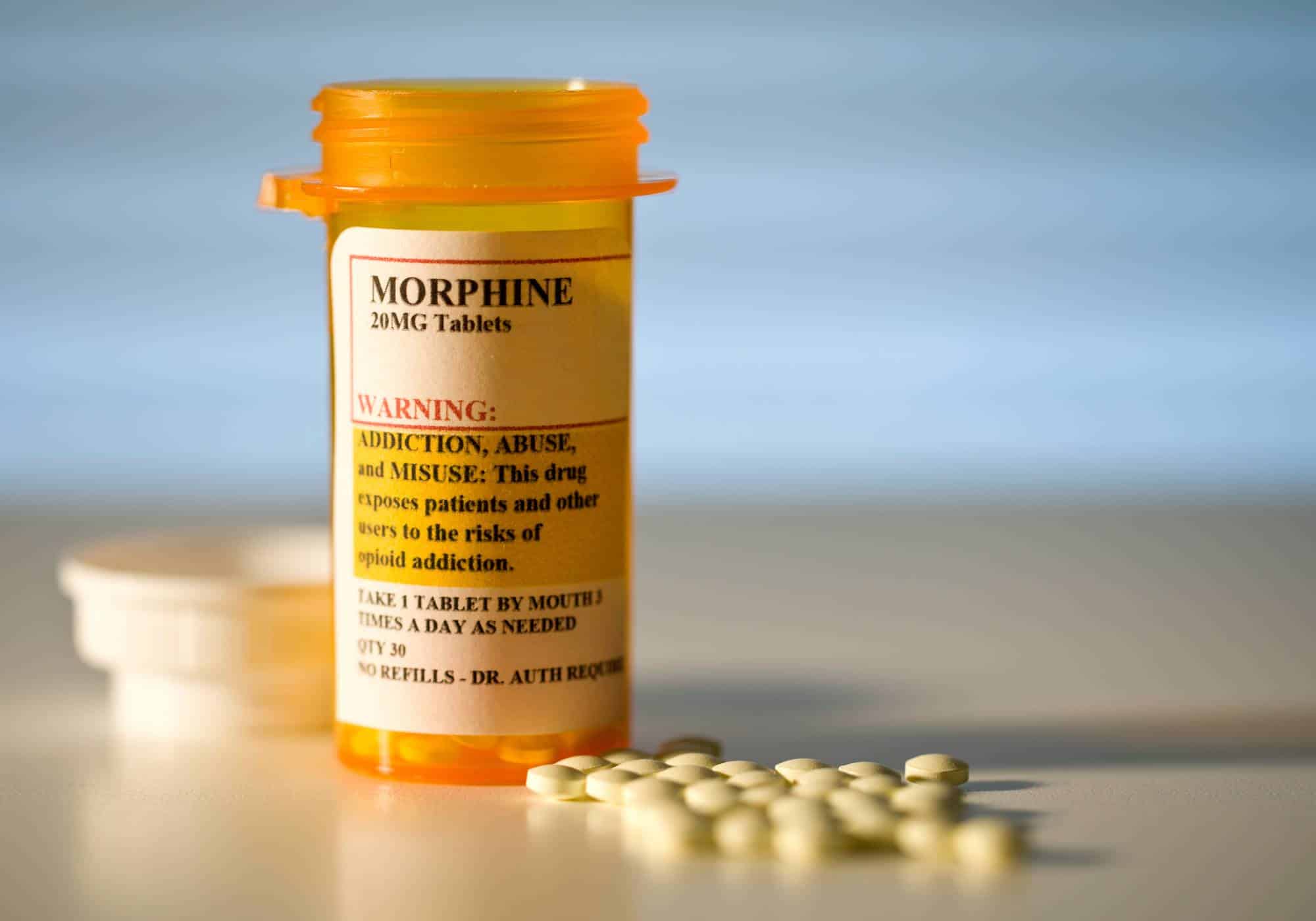What is Bipolar Disorder?
Bipolar Disorder Treatment in Atlanta, GA with Hope Harbor Wellness
Bipolar disorder, previously known as manic depression, is a mental health condition characterized by dramatic mood swings that oscillate between extreme highs (mania) and profound lows (depression). It affects a substantial portion of the American adult population, with over 5.7 million people, or about 2.6%, grappling with this condition. Importantly, a staggering 82.9% of individuals with bipolar disorder report significant impairment due to their condition, making it one of the most debilitating mood disorders.
The impact of bipolar disorder on daily life is undeniable, and without proper medical intervention, it can lead to dire consequences, including a reduced life expectancy of approximately ten years. Additionally, individuals with bipolar disorder face a significantly higher risk of suicide.
However, there is hope. With consistent bipolar disorder treatment and the right therapeutic strategies, many individuals experience prolonged periods free from symptoms. The path to recovery may vary among patients, and some may experience recurrent episodes despite treatment. But with dedicated care and support, it is possible to manage and lead a fulfilling life.
For those seeking bipolar disorder treatment in Atlanta, GA, Hope Harbor Wellness offers specialized care tailored to individual needs, emphasizing personalized strategies, and combining various treatment approaches to provide the most effective path to recovery. Call us today to begin your healing journey from Bipolar Disorder.
Bipolar Disorder and Substance Abuse: A Dangerous Combination
Numerous studies have consistently shown a strong link between bipolar disorder and substance abuse. Approximately 60% of individuals diagnosed with bipolar disorder acknowledge a history of substance misuse. While the exact reasons for this connection are still a subject of debate, it is hypothesized that individuals with bipolar disorder may turn to drugs and alcohol as coping mechanisms, even though this often exacerbates bipolar symptoms.
The Journal of Clinical Psychiatry reveals that up to 70% of people diagnosed with bipolar disorder have struggled with substance abuse issues. This dual diagnosis, where bipolar disorder coexists with substance use disorder (SUD), complicates the treatment landscape. Substance abuse can worsen bipolar symptoms, prolong episodes of emotional instability, increase the risk of suicide attempts, and diminish overall quality of life.
Therefore, an integrated treatment approach that addresses both bipolar symptoms and addiction simultaneously is essential. Such an approach ensures that healthcare practitioners are equipped to tackle the complexities of both conditions. If you or someone you know is facing challenges with bipolar disorder and/or addiction, take the first step towards healing by contacting Hope Harbor Wellness in Atlanta, GA, today.
Types of Bipolar Disorder
Bipolar I Disorder: This form is known for its severe and prolonged manic episodes, often coupled with major depressive periods. These manic phases are more intense compared to other types of bipolar disorders.
Bipolar II Disorder: Unlike Bipolar I, this type does not have extreme manic episodes. It features milder hypomanic states, marked by increased energy and mood elevation or irritability, along with significant depressive episodes lasting two weeks or longer.
Cyclothymic Disorder: This variant involves frequent, shorter cycles of hypomania and extended depressive phases, often without clear breaks. People with cyclothymia typically experience milder mood elevations but may not always seek treatment.
Mixed Type: Individuals with this type experience prolonged periods of both depression and mania simultaneously, often accompanied by significant anxiety and irritability.
Rapid-Cycling: Characterized by experiencing four or more episodes of mania and depression within a single year. These episodes follow each other back-to-back, with little to no period of stability in between.
Causes of Bipolar Disorder
Genetic predisposition plays a significant role in bipolar disorder, as it frequently appears within family lineages, suggesting that specific genes may increase susceptibility. Typically, the disorder is identified before the age of 25, although some individuals may not exhibit symptoms until later in life.
It’s worth noting that attention deficit hyperactivity disorder (ADHD) often coexists with bipolar disorder and is typically present before the onset of bipolar symptoms. Additionally, some individuals with bipolar disorder may also experience concurrent anxiety disorders.
Accurate diagnosis is crucial, as medications that alleviate symptoms of unipolar depression may inadvertently trigger manic episodes in individuals with bipolar disorder. Diagnosis typically involves a physical examination, a thorough discussion of symptoms, and blood tests to rule out other potential causes.
Signs and Symptoms of Bipolar Disorder
Bipolar disorder presents differently in everyone. Symptoms during manic and depressive episodes can vary, and when coexisting with addiction, symptoms may become more intense.
Manic episodes may involve:
- Hyperactivity
- Elevated self-confidence
- Reduced need for sleep
- Excessive talkativeness
- Racing thoughts
- Short attention span
- Engaging in high-risk behaviors
- Obsession with specific goals
Depressive episodes can entail:
- Prolonged feelings of hopelessness
- Overwhelming feelings of worthlessness
- Changes in weight and appetite
- Agitation
- Irregular sleep patterns
- Loss of interest in previously enjoyable activities
- Constant fatigue
- Intense guilt
- Difficulty concentrating
- Suicidal thoughts
It’s important to note that these episodes may not necessarily be linked to substance abuse, making diagnosis in the presence of addiction challenging. If you or a loved one is struggling with addiction and/or bipolar disorder in Atlanta, GA, and the surrounding areas, call us today for help, at (678) 929-6304.
Hope Harbor Wellness’ Bipolar Disorder Treatment in Atlanta, GA
Bipolar disorder is a multifaceted mental health issue, and its complexity intensifies when accompanied by substance use disorders. Effective bipolar disorder treatment should harness an array of modalities and disciplines, addressing the patient’s neurological, psychological, physical, and psychosocial challenges. Beyond the conventional individual therapy, those diagnosed with both bipolar disorder and addiction might benefit from these evidence-based techniques
- Motivational Interviewing (MI) A cooperative strategy where the therapist and the client join forces. MI facilitates the identification of motivation sources, aiding those recovering from addiction’s after-effects. Crucially, studies, like one in Issues in Mental Health Nursing, suggest MI can be instrumental for those undergoing bipolar disorder treatment, particularly in reconciling their feelings towards psychiatric medications.
- Cognitive Behavioral Therapy (CBT) Central to bipolar treatment, CBT works on rectifying ingrained negative thoughts and behaviors that might lead to addiction, depression, or anxiety. Through this approach, patients discern harmful thought patterns, steering them towards healthier coping mechanisms.
- Solution-Focused Therapy (SFT) An outcome-driven approach, SFT empowers individuals with bipolar disorder and addiction to crystallize and pursue definite goals, emphasizing tangible therapy results rather than the deep-seated causes of their conditions.
- Trauma Therapies Past traumatic experiences can exacerbate bipolar symptoms. Therapies like Seeking Safety and EMDR address unprocessed memories and latent fears, potentially reducing resultant anxiety or depression.
A significant portion of individuals with bipolar disorder find solace in medication therapy, which can be pivotal in symptom management. Precise mood stabilization and energy balance can dissuade the urge to resort to alcohol or drugs. However, medication selection necessitates meticulous attention. For instance, while some antidepressants effectively combat major depression, they may fall short in bipolar depression treatment and might even catalyze manic episodes. Widely used bipolar disorder medications include:
- Mood Stabilizers Lithium stands out as a prominent mood balancer for bipolar disorder treatment, offering protection against intense manic episodes, and often administered alongside other drugs.
- Anticonvulsant Drugs Medicines like divalproex (Depakote), lamotrigine (Lamictal), and carbamazepine (Tegretol) are pivotal in bipolar treatment, especially in curtailing depressive episodes.
- Antipsychotic Medications Drugs such as quetiapine (Seroquel) and olanzapine (Zyprexa) are frequently prescribed to neutralize manic phases’ distinctive thought patterns and mood swings.
- Supplementary Medications Apart from psychiatric drugs, bipolar treatment might entail medications addressing the physical manifestations linked to bipolar symptoms, including certain CNS-inhibiting blood pressure medications and those targeting hormonal imbalances.
Comprehensive care for dual-diagnosis patients necessitates simultaneous substance abuse treatment within a unified program.
Modern treatment perspectives prioritize integrated care, diverging from traditional views that segregated mental health and substance abuse treatments. Contemporary programs seamlessly blend bipolar disorder treatment with addiction care. These encompass:
- Medical Detox (inpatient or outpatient)
- Inpatient Treatment
- Residential Care
- Partial Hospitalization Program
- Outpatient Bipolar Treatment
- Intensive Outpatient Bipolar Treatment
For many at the onset of rehabilitation, the controlled environment of inpatient or residential programs proves invaluable. As they lay a recovery groundwork, they often transition to outpatient care, offering them increased autonomy and adaptability.
What Are The Benefits Of Bipolar Disorder Treatment In Atlanta?
At Hope Harbor Wellness, our bipolar disorder treatment in Atlanta comes with a host of benefits, designed to provide comprehensive and effective care:
- Thorough Assessments: We start with detailed evaluations to understand each individual’s unique needs and challenges.
- Customized Treatment Plans: Our approach is tailored to each person, ensuring treatment aligns with their specific requirements.
- Outpatient Treatment Options: We offer a supportive, structured environment for immersive care.
- Diverse Range of Services: Our treatments encompass various therapies and support systems.
- Expert Care Team: Our team of experienced professionals is dedicated to delivering compassionate and skilled care.
These highlights are just the beginning of what Hope Harbor Wellness offers for bipolar disorder treatment. To dive deeper into our services and discover how we can assist you or your loved ones, we welcome you to contact us for more information.
What is the Duration of Bipolar Treatment in Atlanta?
At Hope Harbor Wellness, we personalize the length of treatment based on each individual’s unique needs, any co-existing mental health conditions, and their progress towards their recovery goals. We carefully consider what will be most beneficial for each patient when determining the ideal duration of their treatment. As patients prepare to move on from our care, we equip them with a thorough aftercare plan, ensuring they receive ongoing support in their journey towards sustained wellness.
Start Your Bipolar Disorder Treatment in Atlanta, GA Today
Hope Harbor Wellness provides specialized care for bipolar disorder treatment in Atlanta, GA. The increasing prevalence of bipolar disorder underscores the importance of ensuring that residents receive the necessary care and support. If you or someone you know is in Atlanta or the surrounding areas and needs bipolar disorder treatment, we are here to help. Contact us today at (678) 929-6304 to take the first step on your journey to effective bipolar disorder treatment and recovery.












